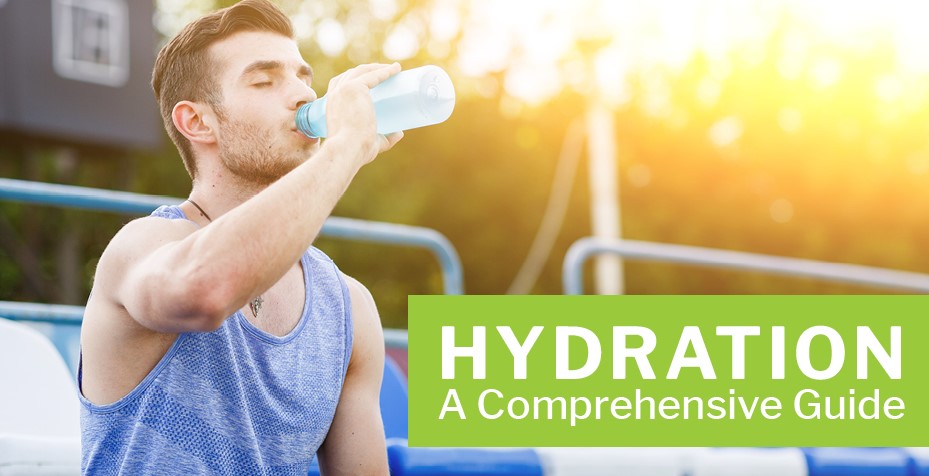What is Travel Destinations
Travel destinations are the heartbeat of global exploration, luring adventurers, culture seekers, and relaxation enthusiasts alike to their diverse and enchanting landscapes. These destinations, scattered across the globe, beckon travelers with the promise of unforgettable experiences, cultural immersion, and natural beauty that leaves an indelible mark on their souls. Let's start with the bustling metropolis of Tokyo, Japan. This dynamic city juxtaposes ancient traditions with futuristic innovation. In Tokyo, you can visit ancient temples like Sensō-ji, explore the cutting-edge technology in Akihabara, savor delectable sushi at Tsukiji Fish Market, and witness the vibrant energy of Shibuya Crossing – the world's busiest pedestrian intersection.
For those seeking serenity amid nature's splendor, the Amalfi Coast in Italy is a picturesque paradise. This stunning stretch of coastline along the Tyrrhenian Sea boasts colorful cliffside villages, dramatic coastal drives, and pristine beaches. A visit here is an invitation to savor fresh Italian cuisine, admire charming architecture, and unwind while gazing at the Mediterranean's azure waters. In the heart of Southeast Asia, Bali, Indonesia, captivates with its lush landscapes and rich culture. Bali offers a harmonious blend of ancient temples, terraced rice fields, and pristine beaches. Ubud, known as the island's cultural center, invites you to explore art galleries, practice yoga, and delve into the island's spiritual traditions.
If you're in search of historical treasures, the city of Petra in Jordan will transport you to an ancient world. Hidden within rose-red cliffs, the UNESCO-listed city showcases intricate rock-cut architecture, most notably the iconic Treasury. As you venture through this desert wonderland, you'll uncover the secrets of a once-thriving Nabatean civilization. Travel destinations also celebrate the great outdoors, and there's no place quite like Patagonia in South America. Straddling Chile and Argentina, this untamed wilderness boasts dramatic glaciers, emerald lakes, and rugged mountain ranges. It's a paradise for hikers, wildlife enthusiasts, and those in pursuit of pure, unspoiled nature.
For a glimpse of paradise, the Maldives is an idyllic destination. This Indian Ocean archipelago comprises over 1,000 coral islands, each fringed with powdery white sand beaches and surrounded by crystal-clear waters. Overwater bungalows provide unparalleled views of marine life, making it a haven for snorkelers and divers. One can't discuss travel destinations without mentioning the enchanting city of Venice, Italy. Known for its intricate canal system and romantic ambiance, Venice's labyrinthine streets, historic architecture, and world-renowned Carnival have made it a timeless treasure for travelers.
From the breathtaking fjords of Norway to the vibrant markets of Marrakech, Morocco, travel destinations span the spectrum of experiences. They are not just places on a map; they are doorways to cultural exploration, personal growth, and moments that become cherished memories. Travel destinations invite you to step outside your comfort zone, immerse yourself in new cultures, savor exotic flavors, and marvel at the beauty of the world. They remind us that the Earth is a vast and wondrous place, waiting to be discovered and appreciated. So, whether you're planning a grand adventure or a quiet escape, the world's travel destinations are ready to captivate your heart and soul, one journey at a time.
What is Travel Attractions
Travel attractions are the lifeblood of the global tourism industry, drawing in millions of travelers from all corners of the world each year. These captivating destinations, both natural and man-made, offer a glimpse into the rich tapestry of cultures, landscapes, and history that our planet has to offer. Whether you're an adventure seeker, history buff, or simply someone looking to unwind and escape the daily grind, there's a travel attraction for everyone. One of the most iconic and instantly recognizable travel attractions is the Eiffel Tower in Paris, France. Standing tall at 324 meters, it's not just a symbol of France but a symbol of love and romance. Visitors can ascend the tower's iron lattice structure and enjoy breathtaking panoramic views of the City of Light. At night, the tower comes alive with a dazzling light show that adds to its allure.
For nature enthusiasts, few attractions rival the awe-inspiring Grand Canyon in the United States. Carved by the Colorado River over millions of years, this colossal chasm stretches for over 277 miles and plunges to depths of over a mile. Hiking along the rim, rafting the river, or simply gazing into the vast expanse is a humbling experience that connects you with the Earth's geological history. Travel attractions also extend beneath the surface of the Earth, such as the mesmerizing Glowworm Caves in Waitomo, New Zealand. These subterranean caverns are illuminated by thousands of tiny glowworms that create a surreal, starry sky-like atmosphere. Guided boat tours take visitors through the dark caves, offering a magical and otherworldly experience.
Historical sites hold a special place in the hearts of many travelers. The Great Wall of China, stretching over 13,000 miles, is a testament to human engineering and perseverance. Walking along its ancient stone pathways transports you back in time, allowing you to appreciate the monumental effort it took to build this incredible fortification. In Italy, the Colosseum stands as an iconic symbol of ancient Roman engineering and entertainment. Once a grand arena where gladiators battled for their lives, it's now a testament to the architectural prowess of the time. Exploring its massive stone arches and imagining the spectacles that once took place within its walls is a journey through history.
For those seeking cultural enrichment, the temples of Angkor Wat in Cambodia offer an unparalleled experience. This vast complex is the largest religious monument in the world, and its intricately carved stone structures provide a window into the spiritual and artistic heritage of the Khmer Empire. The diversity of travel attractions is vast and spans every continent. From the breathtaking fjords of Norway to the mystical temples of Kyoto, Japan, and the wildlife safaris of the African savannah, there's an attraction to satisfy every traveler's curiosity and wanderlust.
Travel attractions are not just about the places themselves; they are about the stories they tell, the connections they foster, and the memories they create. They remind us of the beauty of our world and the incredible achievements of humanity throughout history. Whether you're exploring ancient ruins, natural wonders, or modern marvels, these attractions offer a chance to broaden horizons, deepen understanding, and ignite a passion for exploration. So, pack your bags, embark on a journey, and let the world's travel attractions inspire you to discover the wonders of our planet.
Our Guest Posting Service
Are you looking to enhance your online presence and drive more traffic to your website? Our guest posting services can be a game-changer in your digital marketing strategy. Our guest posting services involve creating and publishing content on other websites or blogs within your industry or niche. The primary goal is to build high-quality backlinks to your website, establish authority in your field, and attract a broader audience.
The Benefits of our guest posting services:
Enhanced SEO: High-quality backlinks from reputable websites can significantly boost your search engine rankings. Google and other search engines value these links as a sign of authority and relevance.
Increased Organic Traffic: As your website's search engine ranking improves, you'll naturally attract more organic traffic, which can lead to higher conversions and revenue.
Establishing Authority: Publishing valuable content on authoritative websites can position you as an industry expert or thought leader, increasing your credibility and trustworthiness.
Brand Exposure: Guest posting on well-known websites can expose your brand to a broader audience, increasing brand awareness and recognition.
Networking Opportunities: Guest posting can help you connect with other professionals and influencers in your field, potentially leading to collaboration opportunities or partnerships.







































































































































